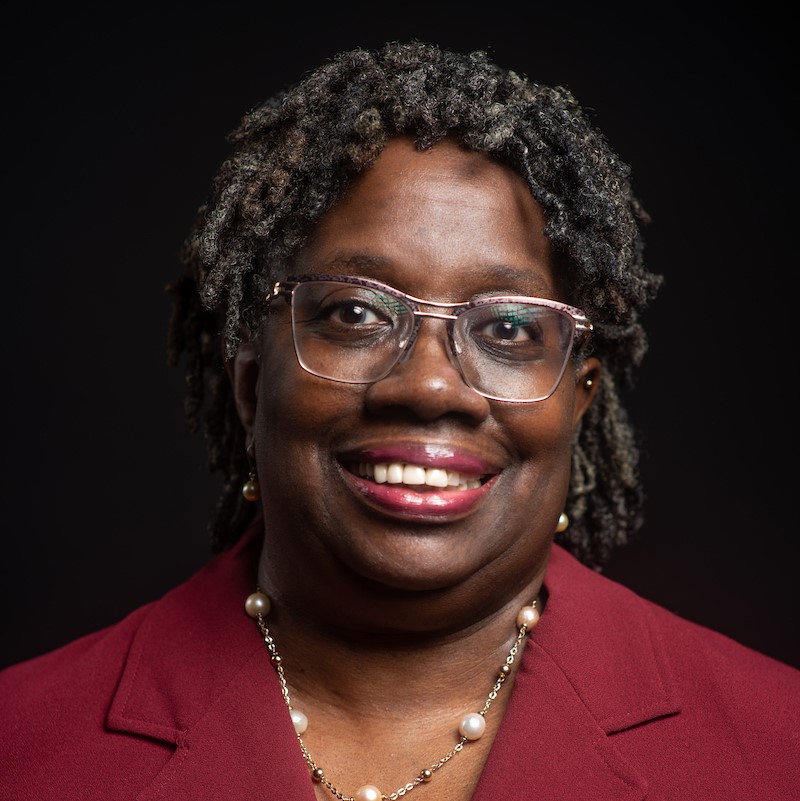In the aftermath of Hurricane Harvey, which wrought an estimated $50 billion of economic and property damage in the Houston area last August, LISC has been working hard to help communities recover—and become more resilient in the bargain. Through our $100 million commitment and multiple partnerships and collaborations, our Houston and Rural programs have made steady strides in rebuilding and equipping Texans for jobs and other economic opportunities that can make the region stronger going forward.
There is nothing simple or straightforward about disaster recovery. It is slow, difficult and sometimes discouraging—whether we are talking about catastrophic levee failures in New Orleans, raging wildfires in Southern California or 51 inches of rain in Southeast Texas, where Hurricane Harvey left a trail of destruction at this time last year.
For me, and so many others at LISC, disaster recovery is personal. We live and work in many of the hardest hit communities—having built decades-long relationships with residents, community organizations, policymakers and business leaders as part of ongoing efforts to create economic opportunity. In the aftermath of natural disasters, it’s our job to help organize and finance an inclusive recovery, so that people have access to the resources and expertise they need to rebuild--even if they can’t draw on insurance or personal wealth to fund it.
Community development offers the ideal model for that kind of effort. Local organizations, both urban and rural, are experienced drivers of housing and economic development. They have already earned the trust of neighbors and other community leaders, and they have built connections with policymakers, philanthropic funders and investors that are critical to driving programs forward. They are on the ground and best positioned to take action.
That’s why, in the first days following Harvey, LISC announced that we would mobilize at least $100 million to support collective, community-driven recovery efforts, in addition to providing technical expertise and management support to local plans and programs.
Most of our early work focused on organizing, assessing and capacity-building. In recent months, that includes a $17 million Houston Home Repair Collaborative, with funding from the Hurricane Harvey Relief Fund set up by Mayor Sylvester Turner and Harris County Judge Ed Emmet, and administered by the Greater Houston Community Foundation. We’re working closely with Fifth Ward Community Redevelopment Corporation, Houston Habitat for Humanity, Rebuilding Together Houston and Tejano Center for Community Concerns to help an estimated 480 homeowners restore their properties.
A $7 million grant from the Red Cross is helping us launch a new Health and Safety Stabilization (HSS) Program in Southeast Texas—modeled on work we did following Hurricane Sandy in New York, which the Red Cross also funded. HSS will make as many as 390 homes habitable again, both in Houston and in the rural counties of Fort Bend, Hardin, Jefferson, Montgomery, Orange, and San Jacinto, where the funding not only helps support near-term recovery but also helps build long-term capacity to spur growth. Our Rural LISC team also is leveraging a grant from the T.L.L. Temple Foundation to support capacity-building and technical assistance for nonprofits in those counties, laying the groundwork for future economic development investments there that go well beyond hurricane recovery.
Earlier this year, we also launched the Harvey Jobs Initiative to connect clients from local LISC Financial Opportunity Centers to jobs created by the disaster recovery work. And our local team has been instrumental in convening the Harvey Partners Network, a collaboration that has been engaged in sharing information, strategizing around the coordination of services and influencing systems change.
Finally, LISC is moving forward on significant new commitments to the construction of affordable rental housing—responding both to the loss of homes from the storm and the shortfall of affordable rental housing that existed prior to it. This is not new territory for us; we have been financing housing in Texas for decades. But, now, we are ramping up those efforts, with tens of millions of dollars ready for investment across the region.
That barely scratches the surface of what our Houston and Rural LISC teams have been doing over the past year—from community action plans and training to working with researchers on flood mitigation strategies. And, really, we are just getting started. We are continuing to raise new capital, to invest in economic opportunity, and to forge new partnerships that help ensure recovery is equitable and inclusive. We’re grateful to generous partners like Capital One, JBP Foundation, JPMorgan Chase and Morgan Stanley, which have helped us expand our own capacity to respond, with new staffers and ramped up outreach.
In all of this, I am as struck today, as I was last year, by the powerful sense of community at work. Disasters don’t distinguish between rich and poor, young and old, refugee and citizen—and neither should our response to them. At a time when there is so much discord across the country, Southeast Texas reminds us that we’re all in this together.
If you want to join us in Texas recovery efforts, please don’t hesitate to reach out to me at dscott@lisc.org.
Related:
- Hurricane Harvey One Year Update from American Red Cross
 Denise Scott, President
Denise Scott, President
With more than three decades of experience in community development, Denise leads LISC’s investment in 38 local offices in cities and rural communities across 49 states with a firm commitment to ensuring local leaders have the platform and capacity to drive strategies for equitable community change. She is responsible for providing vision and setting the strategic direction for local offices and national programs and leading implementation of enterprise priorities like Project 10X. Denise previously served as LISC’s Executive Vice President for seven years. In this role, she elevated the field agenda and refined a service delivery system for national resources, investments and technical assistance to maximize LISC’s impact.
@LISCDeniseScott